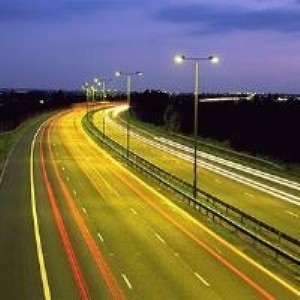Dorset residents react to council lights-out scheme
Residents in Dorset claim that a new scheme that hopes to save £150,000 from council budgets has led to a rise in crime.
Dorset County Council this year decided to implement a programme that turned all 20,000 street lights in the area out at 1.30am, turning them back on again at 6.30am in the morning.
But following a string of late-night incidents in areas such as Littlemoor, local residents have appealed to the council to rescind the scheme in an effort to crack down on crime.
A 74-strong signature petition was presented to Councillor Les Ames this week following concerns about a rise in car thefts and burglaries in the area.
And an arson attack in Littlemoor's Geelong Close has also been pointed to by residents in the area as being directly caused by the new lights-out policy.
"Recently, we have had a number of incidents, according to residents, caused by the lack of lighting," said Councillor Ames.
"There are a number of lanes in my area and I am told that people have been waiting in these dark areas and attempting to get in back doors. Cars have been damaged and broken into.
"It appears that it is getting quite serious," he said.
Lights-out schemes such as these have been implemented by a number of authorities in the UK over the last 12 months in an effort to cut costs. Last August it was announced that street lights along the M65 motorway would be turned off between midnight and 5.00am to save money during low-traffic periods.
However, authorities such as Sheffield County Council have taken a different route to saving money on their street lighting, turning to LED light bulbs across their district.
Earlier this year the authority confirmed it would be undertaking a large-scale operation to replace all 68,000 lampposts in the area with LED lighting. Not only do energy-efficient bulbs last longer and run for the same period of time for less electricity spend, but the range of such bulbs is in fact wider - meaning fewer units need to be installed up front.

